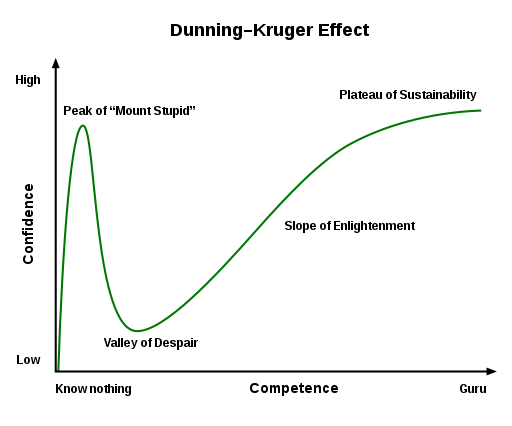Devlog 0
An introduction to us and Rumble Crumble
Hey there! I’ll just get right into it and introduce ourselves: we are StarCove Studio, a couple of brothers (Sully and Gryph) from the UK who have been into gaming our whole lives, and we’ve finally decided to bite the bullet and start actually making one. I don’t really know why it’s taken us this long because between us we’ve got a lot of the skills required to do it; I’m an avid software engineer, and have been doing it professionally for almost a decade now; and Gryph’s been drawing and making music since birth pretty much.
These devlogs are mostly going to focus on the technical side of things from my (Sully’s) point of view, things like how I implemented certain features, specific challenges I faced along the way and just what I’m currently working on. I’m hoping to sort of use this as an accountability feature for myself, as well as just writing for the sake of writing, it really does help solidify knowledge and understanding of things. If you’re looking for more fancy pics and videos of updates, then definitely check out our other socials here:
So that’s it then, programming, art and music, what’s left other than to just get stuck in! Well, how do you make a game exactly? I really didn’t know anything at all, apart from that you probably want to use a game engine, so I arbitrarily decided on Unity, mostly because it’s the one I’d heard about the most. I bought a book - Unity in Action, Third Edition - made my way through about half of it before getting bored and not looking at game dev for a few months. I’m not really a fan of learning from books as you can tell, however, I do think this break was a good thing, my subconscious really solidified what I had learned from it, and so when I came back to it, everything just seemed to flow.
My main source of learning from that point on wasn’t any books, it was actually a YouTube channel called Code Monkey, I basically followed his 10-hour course on creating a game from scratch in Unity (link to that is here) and then got stuck in myself. That video was an absolute goldmine in the beginning, it really does take you through pretty much every feature of Unity necessary to create anything you want.
What I also found fascinating was just using a coding tutorial again; the last time I did this was maybe 15 years ago when I was a wee lad and had no idea how to code, I would just blindly copy the main method of Java:
public static void main(String[] args) { }
again and again, until it just stuck with me, not understanding at all what was going on, and not even knowing how to understand really what was going on. Whereas this time, now knowing how to code, I breezed through most of the lessons, just listening to the “what are we going to do this lesson” at the start and then going ahead and doing it in the way that I thought best until I came upon something specific to Unity that I didn’t know and I’d check the video again. A really great learning experience and I really did think afterwards that I could create anything with the knowledge I had gained.
I was probably actually nearing the first peak of the Dunning-Kruger curve and well on my way into the Valley of Despair:

Anyway, with my newfound knowledge, I started to work on a simple 3D platformer, just to hone my skills a bit, and I was having an absolute blast. It’s the most fun programming I’ve had in a long time, and as you can see it didn’t turn out too shabby at all!
We did decide against 3D for our first game though, because we wanted to make a bunch of small games to test out the whole game-making process from start to finish multiple times quickly, and didn’t want to have to worry about all the extra overhead that 3D brings in. I quickly whipped up a flappy bird clone just to try out the 2D side of things and then we got started on Rumble Crumble!
I won’t go into any details about Rumble Crumble in this post but just know that we have learned a lot, and I mean a LOT since starting working on this together - the biggest lesson being that even what we thought of as a “small” game can take a hell of a lot longer than anticipated (especially when you don’t map out the whole thing from the start!).